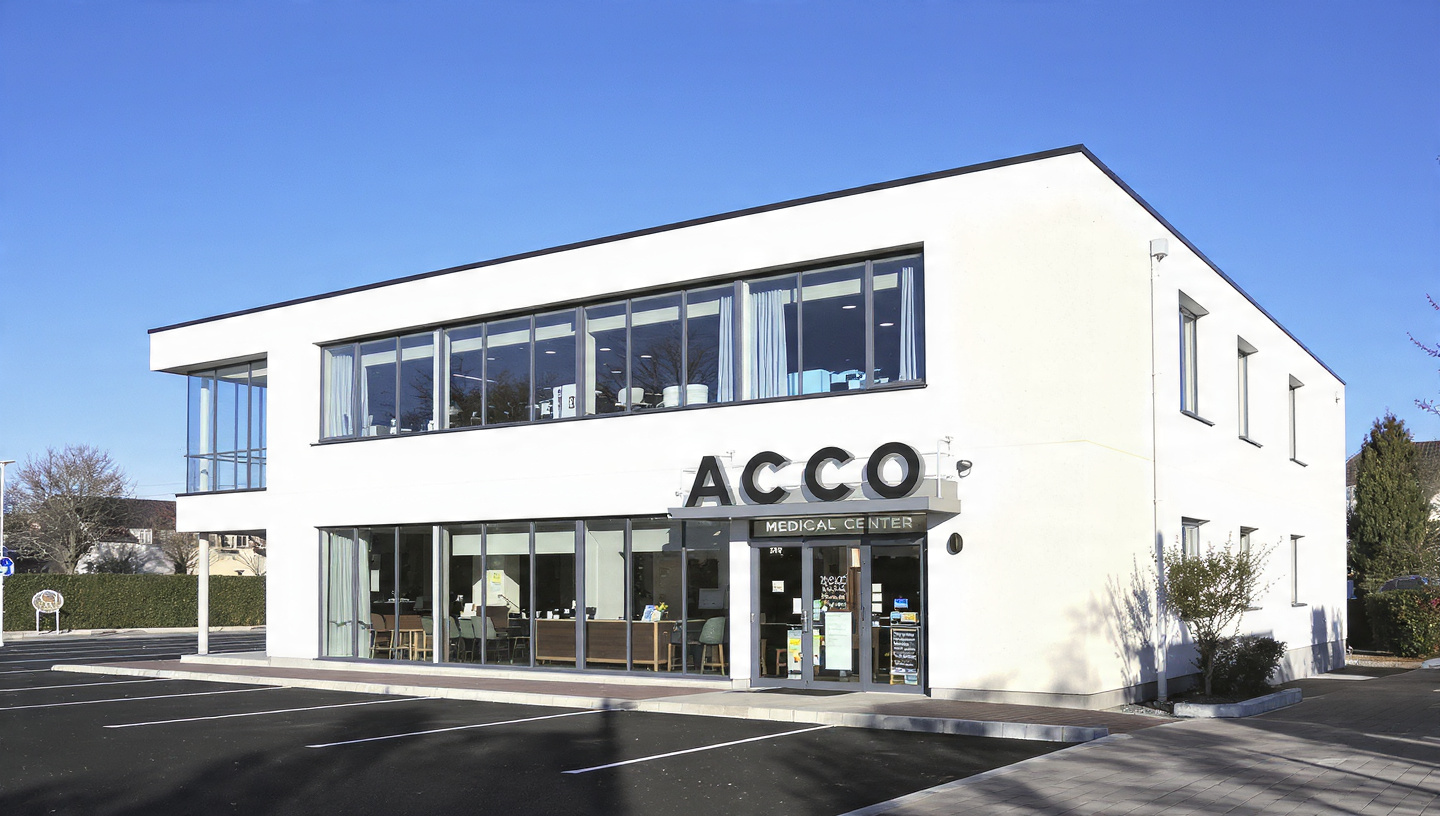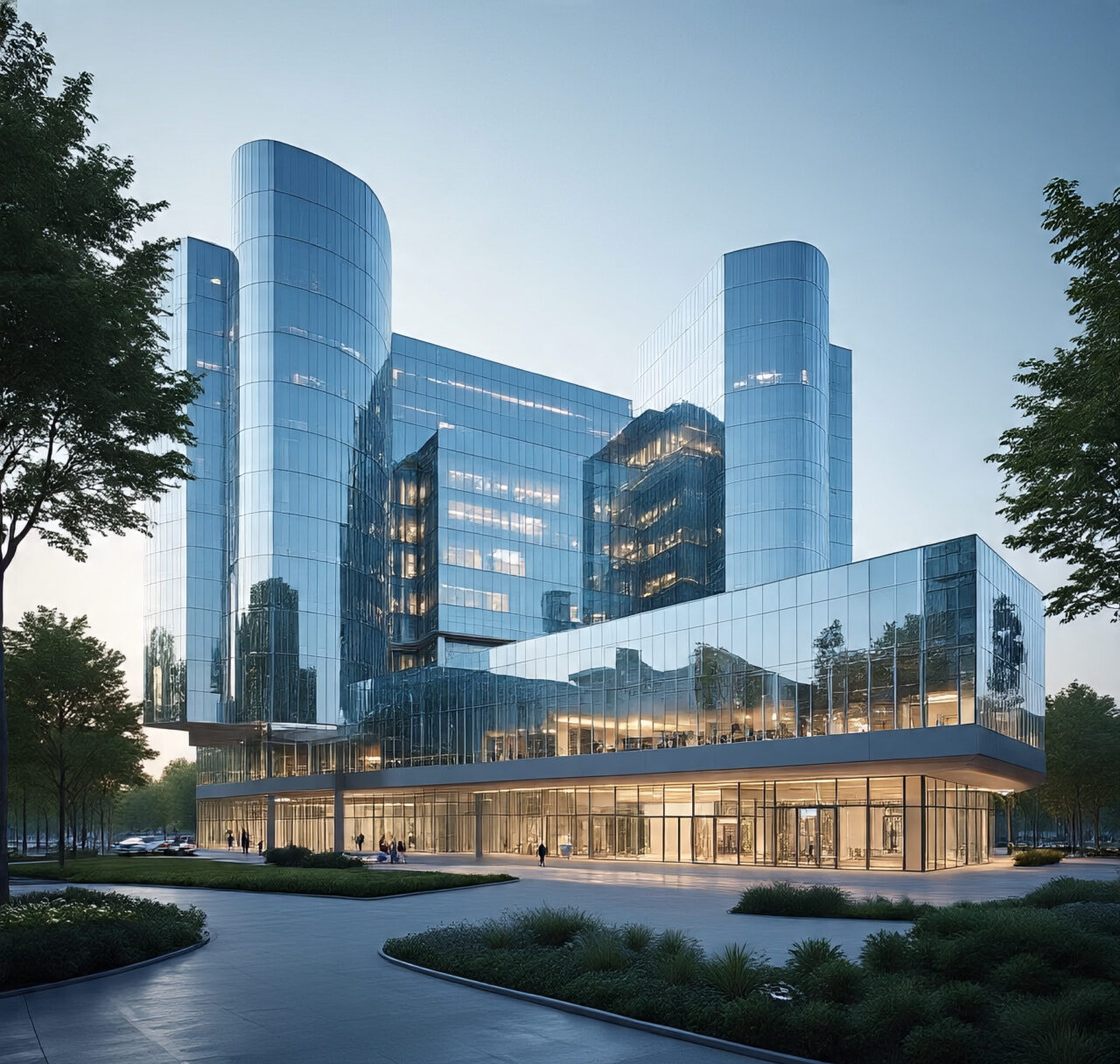
Best Architects in Pakistan for Modern Hospital Design
The healthcare industry in Pakistan is on the rise, with increasing demand for modern hospitals that are both functional and aesthetically pleasing. As patient care evolves, so too does the need for healthcare facilities designed to foster healing, maximize efficiency, and incorporate the latest technologies. This is where modern hospital design comes into play. At the forefront of this evolution are some of the best architects in Pakistan, who specialize in hospital design to create world-class healthcare environments.
Whether it’s a public hospital in a busy city or a private healthcare facility in a rural area, the architects working in Pakistan today are revolutionizing how we approach healthcare design. This article will highlight the key architects, their designs, and the latest trends in hospital architecture that are transforming the country’s healthcare infrastructure.
Why Hospital Design Matters
Hospital design is about more than just aesthetics. It is about creating a space that promotes healing, enhances patient experience, improves staff efficiency, and supports the use of cutting-edge medical technologies. In Pakistan, where healthcare systems are strained due to population growth, urbanization, and resource limitations, smart hospital design can address critical challenges such as infection control, energy efficiency, and adaptability.
Moreover, modern hospital designs focus on creating patient-centered spaces that are comforting, sustainable, and functional. Patients today expect more than just treatment; they want a supportive environment that aids in their recovery. Similarly, healthcare staff require ergonomically designed spaces that make their work more efficient and less stressful.
Key Features of Modern Hospital Design in Pakistan
1. Sustainable Design
Sustainability has become a cornerstone of modern architecture, and hospital design in Pakistan is no exception. Architects are now focused on reducing the environmental impact of healthcare facilities by integrating energy-efficient systems, eco-friendly materials, and designs that minimize water and energy consumption.
Some of the sustainable practices include:
- Solar power systems to generate electricity.
- Green roofing to improve insulation and reduce energy costs.
- Rainwater harvesting for non-potable water uses such as irrigation and toilet flushing.
This approach not only cuts operational costs for hospitals but also contributes to the long-term sustainability of Pakistan’s healthcare sector.
2. Patient-Centered Spaces
Patient well-being is at the heart of modern hospital design. In Pakistan, architects are creating patient-centered spaces that prioritize comfort, privacy, and accessibility. These designs often include:
- Private rooms with natural light and space for family members.
- Healing gardens and green spaces that promote relaxation.
- Intuitive navigation systems that help reduce patient and family stress while moving around the hospital.
The focus on improving the patient experience through thoughtful design ensures a faster recovery, reduced anxiety, and overall satisfaction.
3. Integration of Smart Technology
The use of smart technologies in hospital design is revolutionizing healthcare in Pakistan. Architects are working alongside healthcare providers to integrate Internet of Things (IoT) devices, telemedicine platforms, and automated systems into their designs. These technologies allow for better patient monitoring, enhanced communication between medical staff, and increased operational efficiency.
Some examples include:
- Real-time patient monitoring systems that allow doctors and nurses to track vitals remotely.
- Smart lighting and HVAC systems that adjust based on occupancy and time of day to conserve energy.
- Telemedicine suites that connect patients in rural areas with specialists in urban centers.
This technological integration makes hospitals more responsive to patient needs and reduces the risk of human error in patient care.
Top Architects in Pakistan Specializing in Hospital Design
1. Habib Fida Ali
Known as one of Pakistan’s pioneering architects, Habib Fida Ali is renowned for his innovative and sustainable designs. His architectural philosophy focuses on creating simple yet elegant spaces that serve both form and function. He has worked on numerous healthcare projects, bringing his minimalist style to hospital designs that prioritize efficiency and patient comfort.
2. Arshad Shahid Abdulla
The firm Arshad Shahid Abdulla (ASA) has been a key player in transforming hospital design in Pakistan. With a focus on sustainable architecture and the integration of modern technology, ASA has been involved in several high-profile healthcare projects across the country. Their designs are known for incorporating green spaces, efficient layouts, and patient-centered environments.
3. Nayyar Ali Dada
Another prominent name in the field, Nayyar Ali Dada, is recognized for his contribution to the architectural landscape of Pakistan. His firm has worked on a range of projects, from cultural landmarks to modern hospitals. Dada’s approach to hospital design emphasizes functionality and sustainability, with a keen focus on creating adaptable spaces that can evolve with healthcare needs.
4. Zahir Khan & Associates
Zahir Khan & Associates (ZKA) is a leading architecture firm in Pakistan specializing in healthcare and hospital design. The firm is known for its innovative use of materials and cutting-edge designs that incorporate sustainability and technological advancements. ZKA has worked on several healthcare projects, including large public hospitals and private medical centers, which are designed to be both functional and aesthetically pleasing.
Modern Hospital Design Projects in Pakistan
1. Shaukat Khanum Memorial Cancer Hospital (SKMCH)
One of the most well-known hospitals in Pakistan, Shaukat Khanum Memorial Cancer Hospital, is a prime example of modern hospital design. Built to provide world-class cancer treatment, the hospital incorporates sustainable features such as solar panels and energy-efficient HVAC systems. The design also focuses on creating a soothing environment for patients, with healing gardens and natural light in patient rooms.
2. Aga Khan University Hospital
Aga Khan University Hospital (AKUH) in Karachi is another leading healthcare facility that showcases the best of modern hospital architecture. The hospital’s design focuses on providing a patient-friendly environment, with spacious waiting areas, private rooms, and access to outdoor spaces. AKUH is also a leader in integrating smart technologies into its operations, with telemedicine suites and IoT-enabled devices to monitor patient health.
3. Indus Hospital
Indus Hospital is a non-profit healthcare facility that has redefined healthcare access in Pakistan. Designed with simplicity and functionality in mind, Indus Hospital provides free healthcare services to patients. The architecture of the hospital is built to maximize space efficiency while ensuring that patients have a comfortable and healing environment. The facility also incorporates green building practices, making it a model for sustainable hospital design in Pakistan.




